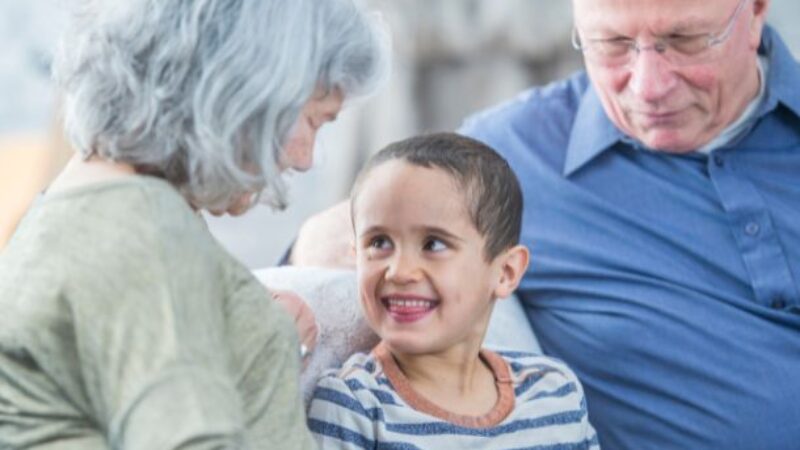
We are seeing a rise in cases and hospital admissions for a number of seasonal viruses and infections as people continue to mix indoors this winter. This includes COVID-19, Norovirus (vomiting and diarrhea bug), flu, RSV (respiratory illness in young children) and Strep A.
As we approach our first festive season without any lockdown measures, we all want to spend time with our loved ones. However, please try to avoid contact with other people if you are unwell to keep your friends and family safe and help stop infections spreading over the Christmas and new year period.
If you are thinking of visiting a loved one in hospital and are feeling unwell, please don’t risk bringing your illness onto the wards.
Flu is now circulating widely. Both COVID-19 and flu can cause severe illness or even death for those most vulnerable (young and old) in our communities.
Help prevent infections from spreading
- use tissues (and throw them away afterwards)
- wash your hands well with soap and water after blowing your nose, using the toilet and before preparing food. Alcohol gels do not kill norovirus!
- Stay at home (away from work, schools and care settings) until at least 48 hours after your last bout of vomiting/diarrhoea if you have norovirus.
- don’t visit babies if you are unwell.
Get jabbed
The flu vaccine offers the best protection against severe illness and it’s not too late for everyone eligible to get it. Find out how to get yours
COVID boosters are also available and it’s important that everyone who is eligible continues to come forward to accept their booster jab. Find out how to get yours
What to do if you’re worried
Our services are extremely busy but we want to see you in our emergency departments if you have:
- loss of consciousness
- acute confused state and fits that are not stopping
- chest pain
- breathing difficulties
- severe bleeding that cannot be stopped
- severe allergic reactions
- severe burns or scalds
- stroke
- major trauma and accidents such as a road traffic accident
Worried about your child?
- If you are concerned your child has cold symptoms with unusual breathing or has trouble feeding, please contact your GP or visit NHS 111 online. If your child seems seriously ill, trust your judgement and get emergency care.